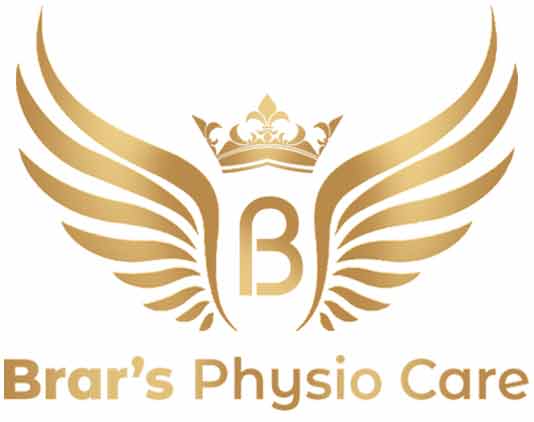Brief On Carpel Tunnel Syndrome- Physiotherapy in Mohali
Carpal tunnel syndrome is a common condition causing pain, numbness, tingling, and weakness in the hand and wrist. The carpal tunnel is a narrow canal or tube in the wrist, similar to a tunnel for cars, allows the meridian nerve and tendons to connect the hand and forearm.
The parts of this tunnel include some carpal bones (which make up the bottom and sides of tunnels) formed in a semi-circle, ligament (top of tunnel) which a strong tissue is holding the tunnel together.
Inside the tunnel, there are some median nerves and tendons. Median nerve (provides feeling or sensation in fingers of hand except for little finger) adds strength to the base of thumb and index finger.
Tendons are rope-like structures, tendons connect muscles in the forearm to the bones in the hand, and this allows the finger and thumb to bend.
Physiotherapy in Mohali states that people who are at risk for carpal tunnel syndrome do activities or jobs with repetitive figure use. Motions that can place people at risk of developing carpal tunnel syndrome are high force such as hammering, long-term use, extreme wrist motions, and vibration.
Many other factors can also contribute to the development of carpal tunnel syndrome as per the diagnosis of Physiotherapy in Mohali, which includes:
- Heredity (smaller carpal tunnels which run into families from generation to generation),
- Pregnancy in women,
- Hemodialysis (a process where the blood is filtered),
- Wrist fracture and dislocation of bones,
- Hand or wrist deformities,
- Arthritic diseases such as rheumatoid arthritis and gout,
- Thyroid gland hormone imbalance (hypothyroidism),
- Diabetic patients,
- Alcoholism can involve in this syndrome,
- A mass (tumor) inside the carpal tunnel,
- Elderly people are at high risk,
According to Physiotherapy in Mohali carpal tunnel syndrome is also common in women rather than in men.
Carpal tunnel syndrome causes a lot of pain and discomfort. However, in some cases, surgeries can be recommended but some can be treated with high-level therapies as well.
